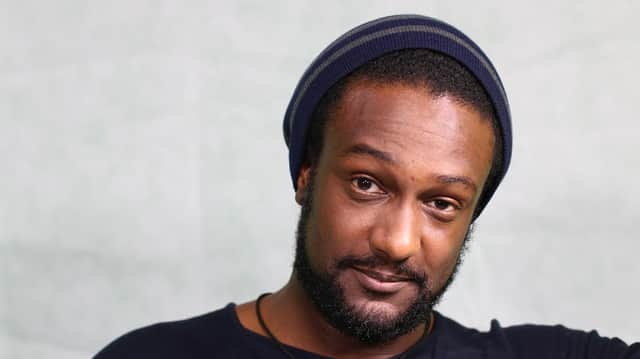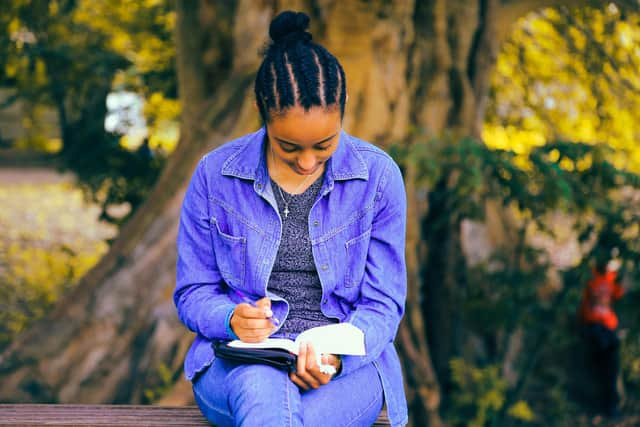Delivering equality with actions not just words - Sas Amoah


In my case I’m aware of the contradiction of being invested in the idea of being from my UK hometown, while feeling quite detached from the idea of being British, despite being born with British citizenship. One of the most prominent reasons for this would be my experience within school and realising in hindsight the extent to which education can shape identity and influence the expectations you set for yourself.
At secondary school we read almost nothing by writers from a Black and Minority Ethnic (BME) background. The only non-white literary character we analysed was Othello, written by a white man who lived hundreds of years ago. There were no authors that reflected my lived experience and certainly no perspectives that presented being British as something that included me.
Advertisement
Hide AdAdvertisement
Hide AdThis lack of representation extended to most other subject areas as well. My PE teacher took one look at me and put me in the first team for basketball. After seeing me play he never made that mistake again. This contrasted with my maths teacher who was adamant I wasn’t ready to move to a higher-performing class (until I was eventually moved up). In one space I was automatically given the benefit of the doubt and in the other I had to prove myself beyond reasonable doubt.


Following the killing of George Floyd in May 2020, one of the most harrowing images from the racial justice protests was a photo of a teenager who attempted to burn the Union Jack flag at the Cenotaph war memorial. An act only possible if you don’t see yourself in the flag. I wondered if he would have performed that action if he was aware of the contribution of millions of non-white people from the British colonies to the war effort, and if not aware, why wasn’t that part of his curriculum?
It’s hard to underestimate the impact education will have on the way you see yourself. With so many students, The Open University (OU) is the fourth largest university in Scotland, and our mission to be open to everyone means a commitment to embedding equality in all that we do.
The OU has issued a public race equality statement, acknowledging our responsibility to deliver with actions and not just words. Hiring Professor Marcia Wilson to the new post of Dean of Equality, Diversity and Inclusion, has been a good start. She launched the OU’s anti-racism statement and is working on our application for a Race Equality Charter bronze award.
The OU joined all fellow universities in Scotland in making an anti-racism declaration, “Racism exists on our campuses and in our society. Call it what it is and reject it in all its forms. We stand united against racism.”
Kamal Ibrahim, an OU in Scotland student, has been appointed as co-researcher on a new project to develop modules with BME students for an inclusive curriculum.
Our free learning site OpenLearn has developed a Race and Ethnicity Hub offering fresh perspectives through a range of resources, including an article by Scotland’s first Black professor, Sir Geoff Palmer, and a poem on ‘Race and place’ by Scottish poet Jackie Kay.
The OU is also supporting an event at the Edinburgh International Book Festival exploring race equality (on 28 August 2021) with Emma Dabiri, author of best seller ’What White People Can Do Next: From Allyship to Coalition’.
Advertisement
Hide AdAdvertisement
Hide AdSince I’ve been co-chairing the OU’s BME Network I’ve seen much positive activity. Given the increasingly multi-cultural demographic trajectory of the UK’s nations, it’ll be great to know that successive generations will feel their national identity includes them.
More info at www.open.ac.uk/Scotland.Sas Amoah is a Digital Media Producer at The Open University and Co-Chair of the OU's Black and Minority Ethnic Network.
Comments
Want to join the conversation? Please or to comment on this article.